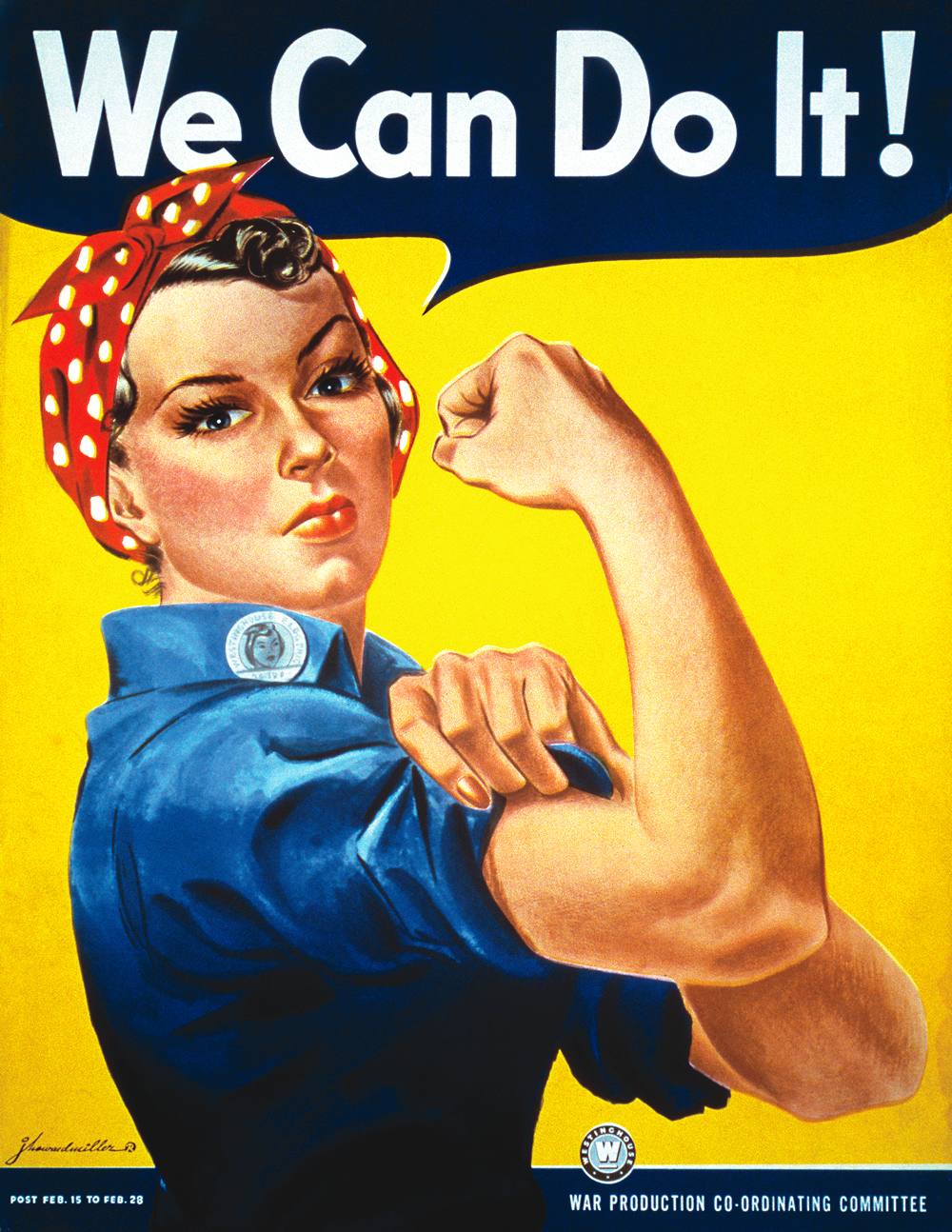By Whitney Elfstrom
Imagine the CEO of a Fortune 500 company sitting down for an interview and being referred to as a boy. That sounds ridiculous, doesn’t it? But somehow, women are referred to as girls every day.
The term girl is often used to make a woman seem younger, and some women are okay with that, but it normalizes the use of a word that strips someone of their authority.
A girl has to ask her parents for permission before leaving the house. A girl continuously needs guidance in making any significant decisions. A girl is someone who still lives at home, doesn’t have a steady income and, well, is under 18 years old.
I’m often at fault here, but every time I catch myself using the word girl to describe myself, I correct my language and remind myself that I am, in fact, a woman.
Even in the process of writing this article, I absentmindedly referred to myself as a “girl” and was immediately roasted by my co-workers, which demonstrates how much this language has become ingrained in our society.
In Mayim Bialik’s viral video “‘Girl’ vs. ‘Woman’: Why Language Matters,” she says, “It matters what we call people. Language matters—words have meaning. And the way we use words changes the way we frame things in our mind.”
She then argues that in using “words to describe adult women that are normally used to describe children changes the way society views women—even unconsciously—and in doing so we don’t equate them with adult men.”
Now, I recognize that oftentimes we still refer to college-age males as boys, and that women aren’t the only people affected by this adverse language.
Perhaps it’s because we tend to use language that reflects our own sense of self. So, if we still see ourselves as girls and boys, we’re going to refer to other people in the same manner.
With that in mind, young adults, in general, should start referring to themselves as women and men once they hit 18. When we continue to use language that is meant to address children, we belittle ourselves and those around us. Language is important and shapes the way we think and make decisions.
But once men and women graduate from college, suddenly boys become men in the eyes of society while women are still referred to as girls.
“When we use words to describe adult women that are typically used to describe children, it changes the way we view women — even unconsciously, so that we don’t equate them with adult men,” Bailik said. “In fact, it implies that they’re inferior to men.”
A group of 32-year-old males will never be addressed with, “Hello boys,” but far too often the same cannot be said about a 32 year old group of females. The default language would almost always be to say, “Hello girls” to a group of women.
Why wouldn’t someone call a group of men boys, you might ask? Because it’s seen as emasculating and we would never dream of stripping a man of their masculinity.
It’s no secret that we live in a male-centric culture, and even though women are tackling the patriarchy more and more each day with movements such as #MeToo and no longer taking shit from men, there is still a lot of ground that needs to be covered—one of them being language.
In The Guardian’s article “Stop calling women ‘girls’. It’s either patronising (sic) or sexually suggestive” Hannah Jane Parkinson writes, “… in a world in which substantial pay inequality and glass ceilings still exist, language matters.”
So next time you see a group of females and you simply can’t think what to call them, ask yourself this: Do they look like a group of neighborhood kids running down the street? If not, you should probably call them a group of women.
Header photo courtesy of Wikipedia



